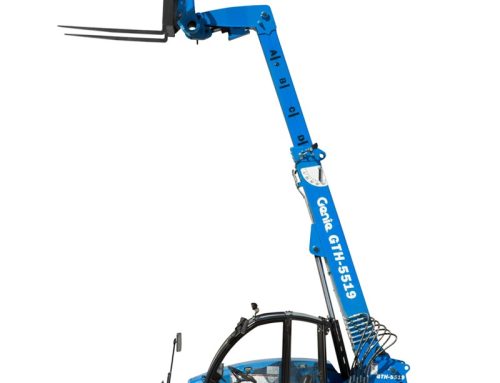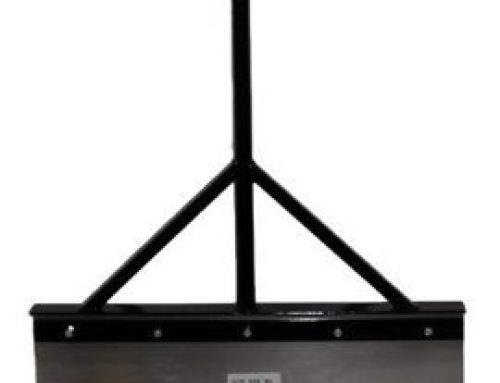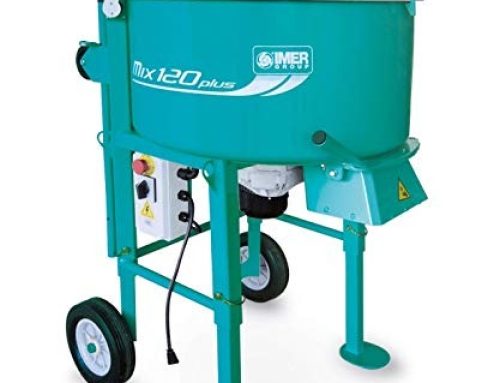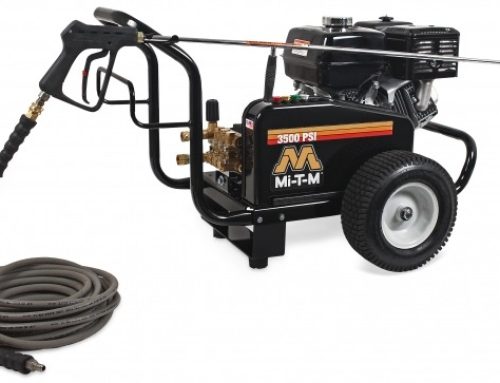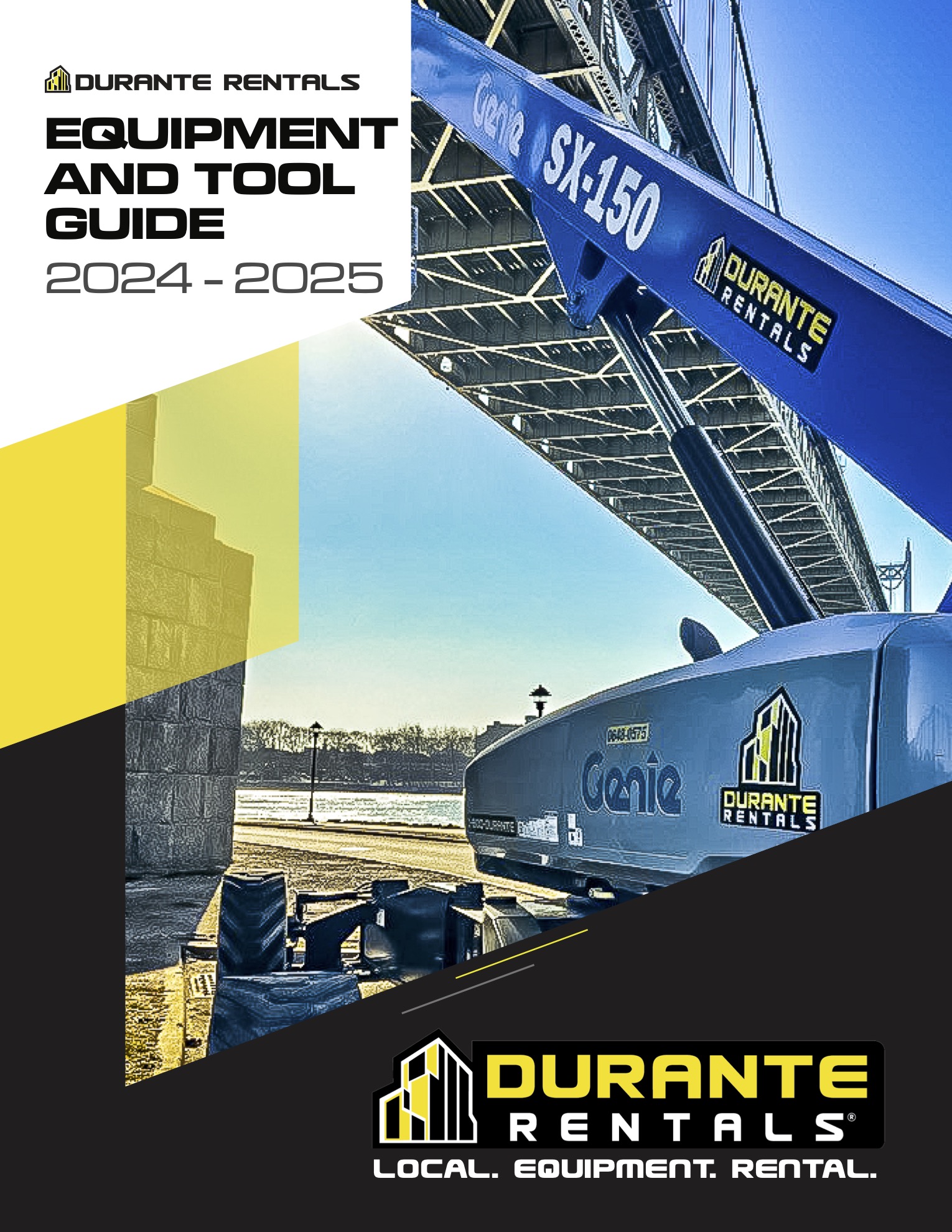Should I rent a mortar mixer vs. concrete mixer? This question is one of the most frequent mixer related questions our rental coordinators get asked. Our contractor customers know the importance of using the right tools for the job. While mortar and concrete may have similar ingredients, using the wrong type of mixer can be disastrous for both your job and equipment.
Mortar Vs. Cement / Concrete
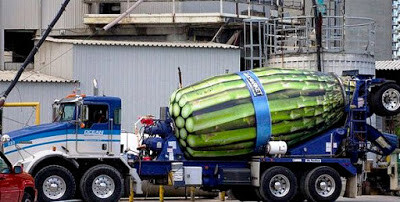 The main difference between cement and mortar is consistency. Cement generally incorporates gravel or rock chips and has a thinner consistency when mixed. It is much stronger than mortar and is ideal for structural projects like foundations, support beams, and walls. Cement structures are often reinforced with steel rebar in order to ensure that they keep their integrity even while they settle in the soil.
The main difference between cement and mortar is consistency. Cement generally incorporates gravel or rock chips and has a thinner consistency when mixed. It is much stronger than mortar and is ideal for structural projects like foundations, support beams, and walls. Cement structures are often reinforced with steel rebar in order to ensure that they keep their integrity even while they settle in the soil.While the term “cement” is often used as another term for “concrete”, cement is actually a key ingredient in concrete, along with sand, gravel, and pieces of stone.
Mortar has many of the same ingredients as concrete including sand and gravel. However, mortar has higher water content, giving it a thicker consistency. It works well as a “glue” for bonding materials like brickwork or stone together.
Mortar Mixers
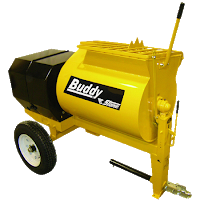 Mortar mixers are made up of a stationary barrel and an internal paddle with a rubber strip. The paddle rotates and simultaneously mixes the mortar while scraping the sides of the barrel keeping the adhesive mortar from sticking to its sides. These heavy-duty mixers are tough enough to handle a range of jobs including stucco, plaster, epoxy, terrazzo, drywall mud, paint or grout.
Mortar mixers are made up of a stationary barrel and an internal paddle with a rubber strip. The paddle rotates and simultaneously mixes the mortar while scraping the sides of the barrel keeping the adhesive mortar from sticking to its sides. These heavy-duty mixers are tough enough to handle a range of jobs including stucco, plaster, epoxy, terrazzo, drywall mud, paint or grout.While they work well for mortar mixtures, they should NEVER be used for cement / concrete mixtures. A much courser mixture like concrete causes wear on the rubber strips and pieces of rock or gravel can clog the paddle.
Cement / Concrete mixers
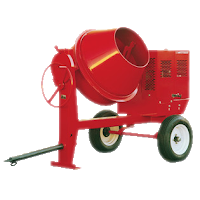 These horizontal mixers feature a rotating drum or barrel with no paddle. You may have seen horizontal mixers like these in action on the back of cement trucks on their way to a job site. The constant rotation of the barrel/drum ensures that the cement/concrete mixture combines smoothly and doesn’t settle until it’s ready to be poured.
These horizontal mixers feature a rotating drum or barrel with no paddle. You may have seen horizontal mixers like these in action on the back of cement trucks on their way to a job site. The constant rotation of the barrel/drum ensures that the cement/concrete mixture combines smoothly and doesn’t settle until it’s ready to be poured.
These types of mixers are ideal for mixes containing larger fragments like cement/concrete but are less effective for “smoother” mixtures like mortar.
We hope you now have enough information to decide on a mortar mixer vs concrete mixer for your upcoming job. If you have any other questions about the differences between mortar and concrete mixers or you would like more information about which piece of equipment is right for your job, call Durante Rental at 1-800-DURANTE or chat with us live at duranterentals.com


